The History of the Peloponnesian War
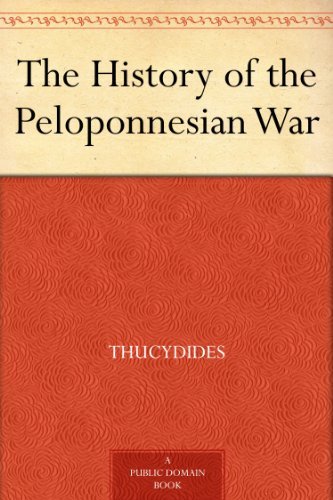
Thucydides’s The History of the Peloponnesian War represented a change in how historical narratives were written. While previous historical works by people like Herodotus tended to at times depart from the facts or used literary novelties, Thucydides communicated his intention to write an accurate account. He outlines how he acquired the information he used in writing his history. As such, present-day historians have praised the methodology Thucydides used in writing The History of the Peloponnesian War. The idea that one must have and use evidence in reconstructing the past, though, to be sure, Thucydides had his own interpretations and opinions.
The Aeneid
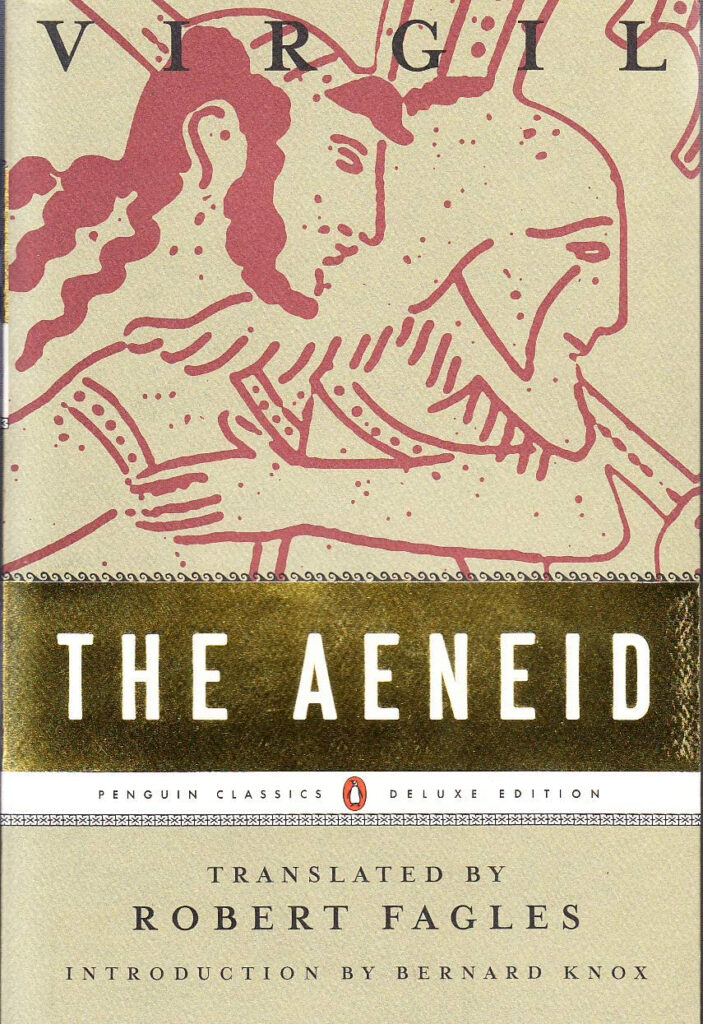
While The Aeneid tells the story of Aeneas’s journey to settle in Rome, Virgil’s larger point is to highlight how Roman greatness was not by accident. The Aeneid is therefore seen as a glorification of Rome, its values, and its people. This can be seen through Aeneas, who Virgil uses to personify Roman ideals and values. Throughout the epic, Aeneas is presented as a man who is bound by duty. This can be seen as he leaves Dido, seeing his love affair taking him away from his destiny and responsibility. While The Aeneid is seen as a glorification of Rome, the work’s significance is tied to its ability to inform students of the values that defined Rome. This has relevance today, as many nations are defined by a set of values that people are willing to fight and die for. Furthermore, students can look at The Aeneid within its time and circumstance to see it as offering an insightful commentary on Rome during the early years of Pax Romana.
The Second Treatise of Government
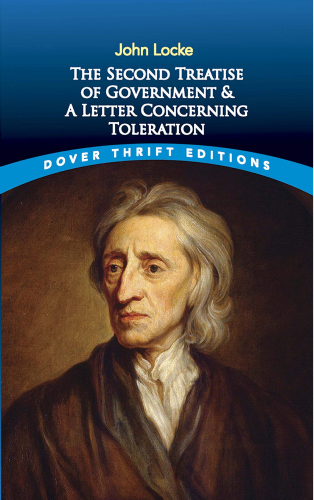
John Locke’s The Second Treatise of Government represented a marked shift in political thought during the seventeenth and eighteenth centuries. At a time when the political power of many nations vested in a monarch or emperor, The Second Treatise of Government placed power in the hands of the people. Furthermore, Locke’s The Second Treatise of Government demonstrates that the people are deserving of the power that they receive in a state of nature. When a government violates life, liberty, and property, the people can depose of the existing government and create a new one. This highlights Locke’s belief that people can improve with experience, as they can establish a better government than the one before. Locke’s philosophy on government helped influence the American Revolution. After all, the structure Thomas Jefferson used to write the Declaration of Independence followed the argument presented by Locke. Jefferson highlighted the colonists’ right to “life, liberty, and the pursuit of happiness” and then proceeded to outline how Great Britain violated it. As a result, the colonies were justified in becoming independent.
Neruda, Poems
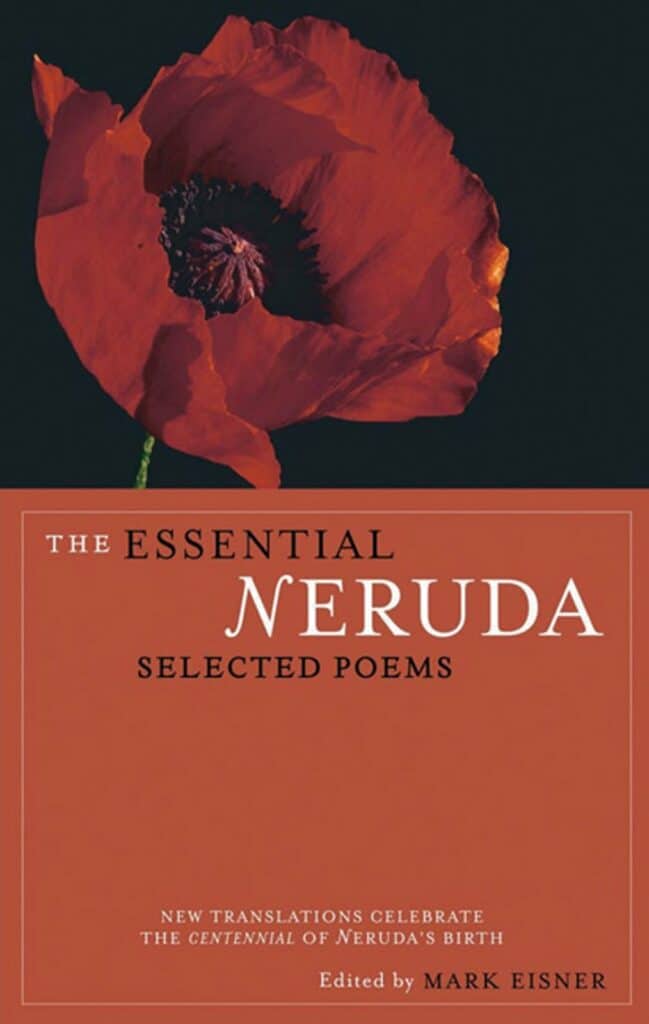
Pablo Neruda’s poetry is rich and varied, ranging from the romantic and lonely to the political to direct and humorous. His works seek to examine important issues love to the oppression that he witnessed in his native Chile. Moreover, Neruda’s poetry also sought to examine philosophical issues that focused on humanity. Despite the variety of poetic topics Neruda covered, his poetry has a unity of style that ties his diverse works together.
The Story of an African Farm
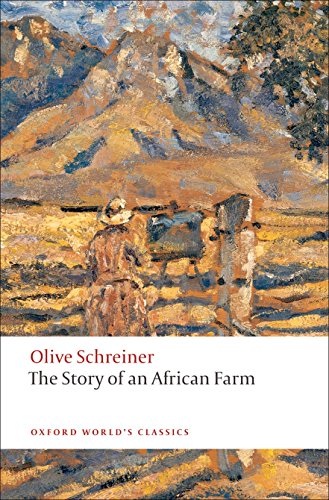
Students are likely to be both surprised and intrigued by the modernity of ideas and situations in the novel. If they are familiar with Victorian literature or culture or have some sense of it, the nature of the sexual relationships, Lyndall’s feminism, the complicated race relations, and one character’s decision to live as a different gender for a period of time, will likely challenge what they think they know about the period, not to mention any impressions they may have about rural South African culture (if any). The book raises questions about gender, sexuality, responsibility, child rearing and abuse, spirituality, the nature of work/labor, and tension between the natural world and man-made world. Long passages of interior thoughts, particularly those of Waldo and Lydall, provide ample philosophical meat on which students may chew. This is a novel that has the ability to transform through testing students’ assumptions and beliefs. Much of what it discusses feels as important in our current place and moment as Schreiner felt it was in hers.
Civilization and its Discontents
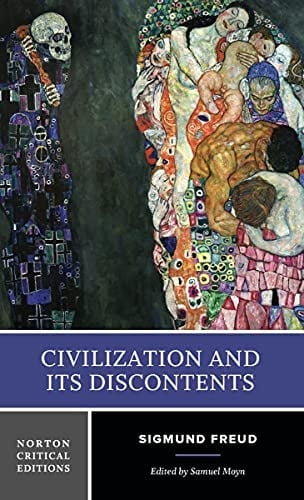
Admittedly, Civilization and its Discontents paints a bleak view of the possibilities for both the individual and civilization. In Freud’s view, human beings are caught, seemingly eternally, between a rock and a hard place. But the book itself provides so many opportunities for debate—about religion, which Freud considers a “mass delusion.” About the Arts, which are not something that anyone “would care to put . . . in the background as trivialities” but which are also “useless” and “with no practical value whatever.” About love. About suffering. About addiction. At its core, the book invites a debate about basic human nature—are we capable of transcending aggression? Is our core hostile and selfish?
Paradise Lost
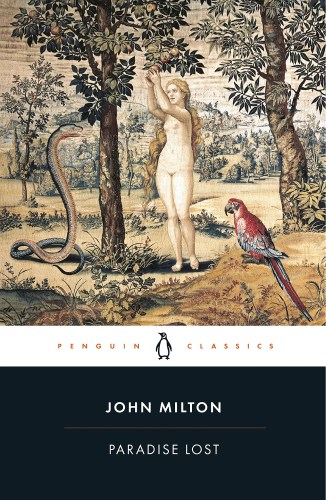
Paradise Lost poses one significant question after another: Are our paths predestined or do we have free will? Is knowledge good or dangerous? To what lengths will we go for companionship and what is going too far? What is a righteous ruler and what is tyranny? Is rebellion against tyranny ever permissible or justifiable? What is Hell and what is Paradise? How does a victor emerge in a war between immortals? These are questions without answers, but ones that matter to students and that they relish the opportunity to struggle through. (Actually, Milton makes it pretty clear that a war between immortals will always end in a draw.)
Thousand Nights and a Night
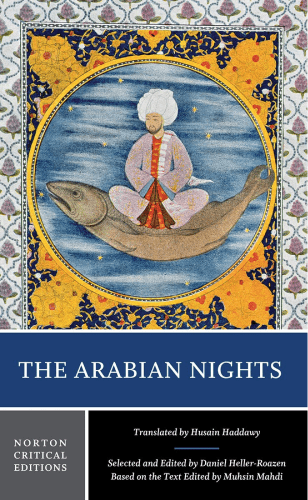
Tales from 1,001 Nights shed light on a different world for modern readers. Although highly fictionalized, even fantastic, the stories reflect social mores, political structures, family life, and daily occupations of another time and place, while simultaneously connecting to human concerns like the desires for happiness and justice, the presence of negative emotions like jealousy and anger, inequity and misunderstanding between genders, and the morality of those in power. Since almost all students have some familiarity with subgenres of folk literature, these stories are recognizable and accessible. They are also ideal for the classroom because they are (mostly) easy to extract and teach as free-standing pieces of literature. Further, students tend to find these stories interesting, funny, frustrating, entertaining, and even delightful.
Phenomenology of Spirit
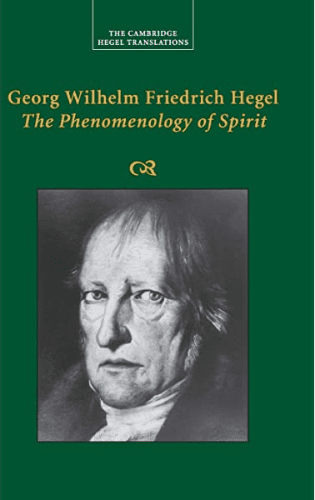
The Phenomenology of Spirit is arguably one of the most difficult philosophical texts to engage with. Partly this stems from Hegel having to, like Plato and Kant before him, invent terms and phrases to describe ideas and concepts for which ordinary language is inadequate. Because of this, there is not always agreement on just what Hegel is doing. Wherever one comes down interpretively, his impact on the history of thought is undeniable. He is the culmination of German idealism, a philosophical movement that starts with Kant and runs through Fichte and Schelling. His treatment of sense certainty has been taken up by many 20th century critiques of empiricism within the analytic tradition, while the master-slave dialectic has proven to be equally influential within 20th century continental philosophy. Of course, the influence Hegel had on Marx’s dialectical materialism, and hence the historical development of Western radical politics, cannot be overstated. Whatever one may ultimately think of Hegel, reading through the Phenomenology is a philosophical experience like none other, full of “moments” of deep insight as one explores with hallucinatory fluidity his processional-thought terrain.
On the Harmony of Religion and Philosophy
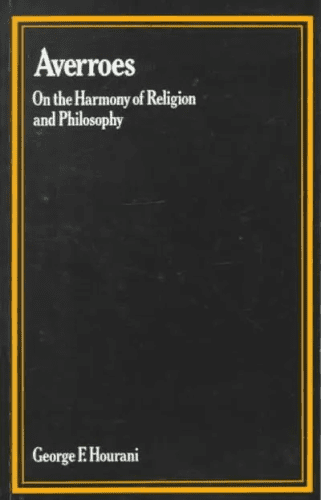
Philosophy, by its very nature of bringing things into question, is at odds with the authority of the political and the religious. So it is no small task that the twelfth century Andalusian philosopher, Ibn Rushd, sets for himself in On the Harmony of Religion and Philosophy. This harmony is achieved by adjusting the Quran to fit Aristotelian philosophical thought through the allegorical interpretation of intransigent passages. That scripture should be interpreted symbolically when it conflicts with demonstrative truths was quite radical for its time, and makes this work important for the history of hermeneutics in general and scriptural interpretation in particular. This work is essential reading for anyone interested in the concept of esoteric and exoteric readings of texts. What is even more radical than Ibn Rushd’s hermeneutic prescriptions, particularly for us, is his insistence that not everyone is capable of the truth, and thus that the truth should not be revealed to everyone equally—for some it can actually be harmful to their ability to believe religious claims and ultimately to their motivation to act morally. Thus this text tangentially brings up questions about the connection between religion and morality.

